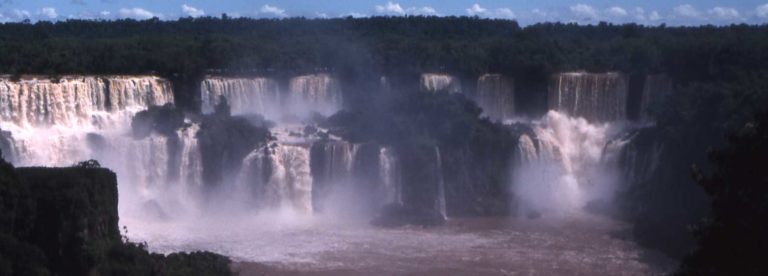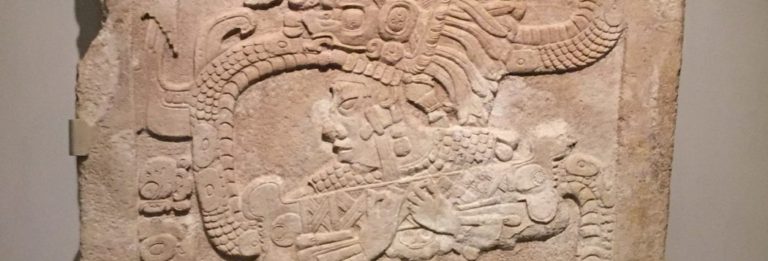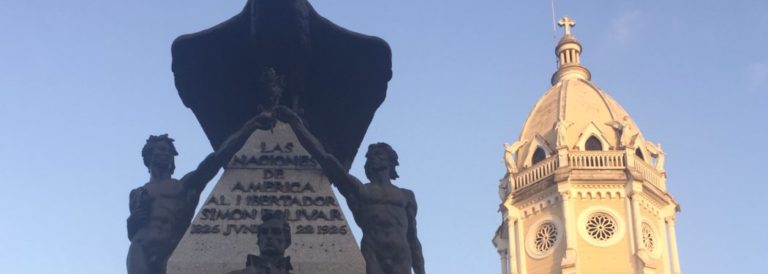
There is possibly no more infectious rhythm than the samba beat. Your feet have to move. Your toes have to tap. You’ve got to smile. Like most of South America’s population, the samba is a combination of native and imported elements. Brazilian and African music and dance combine to make this one of the happiest sounds on the planet. It is one of the very few redeeming consequences of the African slave trade. Play some samba while you are packing for your cruise and it won’t seem like a chore at all. Samba Brasil and Samba Bossa Nova
If you have ever seen a really well done performance of a sultry, steamy, sexy tango, you will never forget it. If you haven’t, make sure to take one of the excursions in Buenos Aires that will show you one. This is another example of African influence, this time mixed with European music and dance. The result is a “tour de force sexual”. If you wear glasses, they will fog up! Share it with someone you love. Best Tango Album in the World Ever and Tango: Zero Hour
The recognition of the great literature of Latin America has really taken off in the Twentieth Century. Nobel Prize winners include:
Maria Vargas Llosa, Peruvian, for his “trenchant images of the individual’s resistance, revolt and defeat”, novelist, winner 2010 The War of the End of the World, The Feast of the Goat: A Novel
, Conversation in the Cathedral
Octavio Paz, Mexican, for his “impassioned writing with wide horizons”, mostly poetry and essays, winner 1990 The Labyrinth of Solitude: The Other Mexico, Return to the Labyrinth of Solitude, Mexico and the United States, the Philanthropic Ogre, The Collected Poems of Octavio Paz: 1957-1987 (Bilingual Edition)
, Sunstone/Piedra De Sol
Gabriel Garcia Marquez, Colombian, for his “richly composed world of imagination”, novelist, winner 1982 One Hundred Years of Solitude, The Autumn of the Patriarch
, Love in the Time of Cholera (Oprah’s Book Club)
Pablo Neruda, Chilean, “for a poetry…that brings alive a continent’s destiny and dreams”, poetry, winner 1971 The Essential Neruda: Selected Poems (Bilingual Edition) (English and Spanish Edition), Twenty Love Poems and a Song of Despair: Dual-Language Edition (Penguin Classics) (Spanish Edition)
Miguel Angel Asturias, Guatemalan, for writing “deep-rooted in the national traits and traditions of Indian peoples of Latin America”, novels and poetry, winner 1967 Men of Maize: The Modernist Epic of the Guatemalan Indians (Pittsburgh Editions of Latin American Literature), The President
Gabriela Mistral, Chilean, “for her lyric poetry which… has made her name a symbol of the idealistic aspirations of the entire Latin American world”, poetry, winner 1945 Madwomen: The “Locas mujeres” Poems of Gabriela Mistral, a Bilingual Edition, Selected Poems of Gabriela Mistral (Mary Burritt Christiansen Poetry Series) (English and Spanish Edition)
Other notable authors include:
Marchado de Assis, Brazilian Dom Casmurro: A Novel, Philosopher or Dog?
Jorge Luis Borges, Argentinian Collected Fictions, The Aleph and Other Stories (Penguin Classics)
Paul Coelho, Brazilian The Alchemist
Isabel Allende, Chilean (cousin of President) The House of the Spirits: A Novel, City of the Beasts
Jose Donoso, Chilean The Obscene Bird of Night (Verba Mundi), Coronation
Jose Hernandez, Argentinian The Gaucho Martin Fierro (UNESCO Collection of Representative Works: Latin American)
Sarmiento, Argentinian Facundo: Or, Civilization and Barbarism (Penguin Classics)
Jose de Alencar, Brazilian Iracema (Classics of Brazilian Literature), Senhora: Profile of a Woman (Texas Pan American Series)






